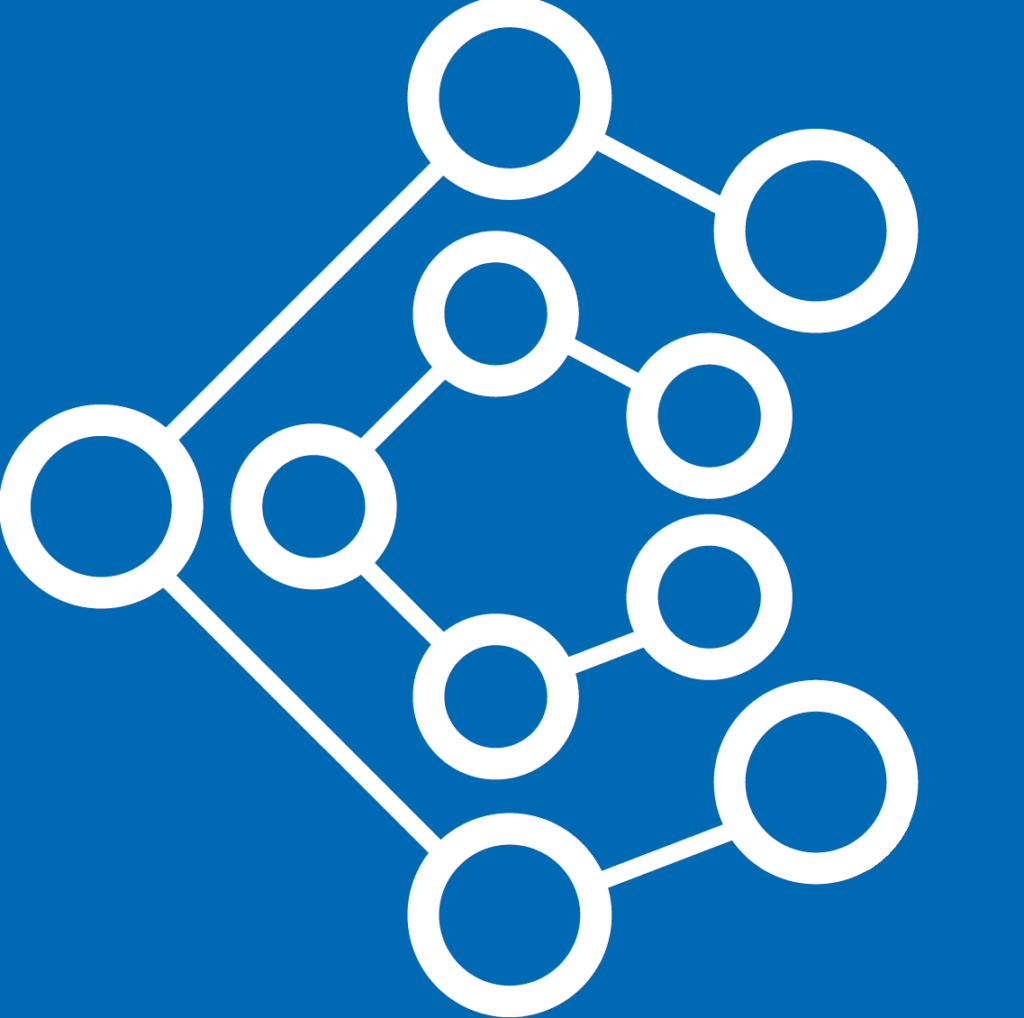
The task area Community Clusters serves as the gateway to the research engineering communities and their needs. NFDI4Ing coordinates its engagement along the gateways provided by the DFG classification of engineering research areas. The resulting five community clusters
- Mechanical and industrial engineering (CC41)
- Thermal engineering and process engineering (CC42)
- Materials science and engineering (CC43)
- Computer science, systems and electrical engineering (CC44)
- Construction engineering and architecture (CC45)
cover most of the German engineering research landscape and act in close cooperation with the NFDI4Ing archetype task areas and base services on the one hand, and the respective engineering communities on the other hand.
The Community Clusters
The task area Community Clusters pursues two major objectives and is structured into six subdivions or measures. As mentionend above, it first and foremost serves as gateway to the research engineering communities and their needs. Furthermore, the Community Clusters are themselves adaptable to enable the inclusion of communities that are currently less present in NFDI4Ing, or beyond the scope of the engineering sciences alone. The measure “Initialisation of communication services”, lays the foundation to achieve this objective.
Secondly, the task area Community Clusters works on measures to disseminate the developments and results of the other NFDI4Ing task areas, such as services and best-practices, into the research communities. One central topic in this regard is RDM-related training for engineers, from students and PhD students to research assistants working at higher education or non-university research institutions. The derived tasks are addressed by the measure “Education”. Additionally, this means intensive user and community involvement in the development processes, achieved by means of an agile approach as described below.
The community clusters gather cluster-specific information about RDM-related practices and requirements and direct their specific user communities to available solutions within NFDI4Ing. Developed services are tested by the research communities and disseminated via application and training. Emerging new needs trigger the development of solutions in the archetype task areas. The measures “Activation and collaboration” and “Participation” are designed to ensure vast community coverage and intensive engagement. Since RDM will be normative to some extend, NFDI4Ing works on standardisation together with the engineering community in academia and industry, nationally and internationally, within the consortium and across the consortia of the NFDI. This task is addressed in the measure “Standardisation”. As an appropriate academic platform to exchange ideas, the “Journal of Research Data Management in Engineering Science” is currently in development. Responsible for the journal and its operation is the measure “Journal”.
The Task Area Community Clusters is lead by:
Each community cluster is represented by a spokesperson who automatically is also a member of the NFDI4Ing steering committee:
Robert H. Schmitt
RWTH Aachen University
Thermal engineering and process engineering
Peter Pelz
TU Darmstadt
Materials science and engineering
Britta Nestler
Karlsruhe Institute of Technology
Computer science, systems and electrical engineering
Regine Gerike
TU Dresden
&
Christian Langenbach
DLR Cologne
Construction engineering and architecture
Manfred Krafczyk
TU Braunschweig
For general information on how to participate in NFDI4Ing or to contact the Community Clusters directly, please visit our community hub!
Members of the Community Clusters-Team are:
Tobias Hamann
RWTH Aachen University
Canan Hastik
TU Darmstadt
Karlsruhe Institute of Technology
SLUB Dresden
Jan Linxweiler
TU Braunschweig
